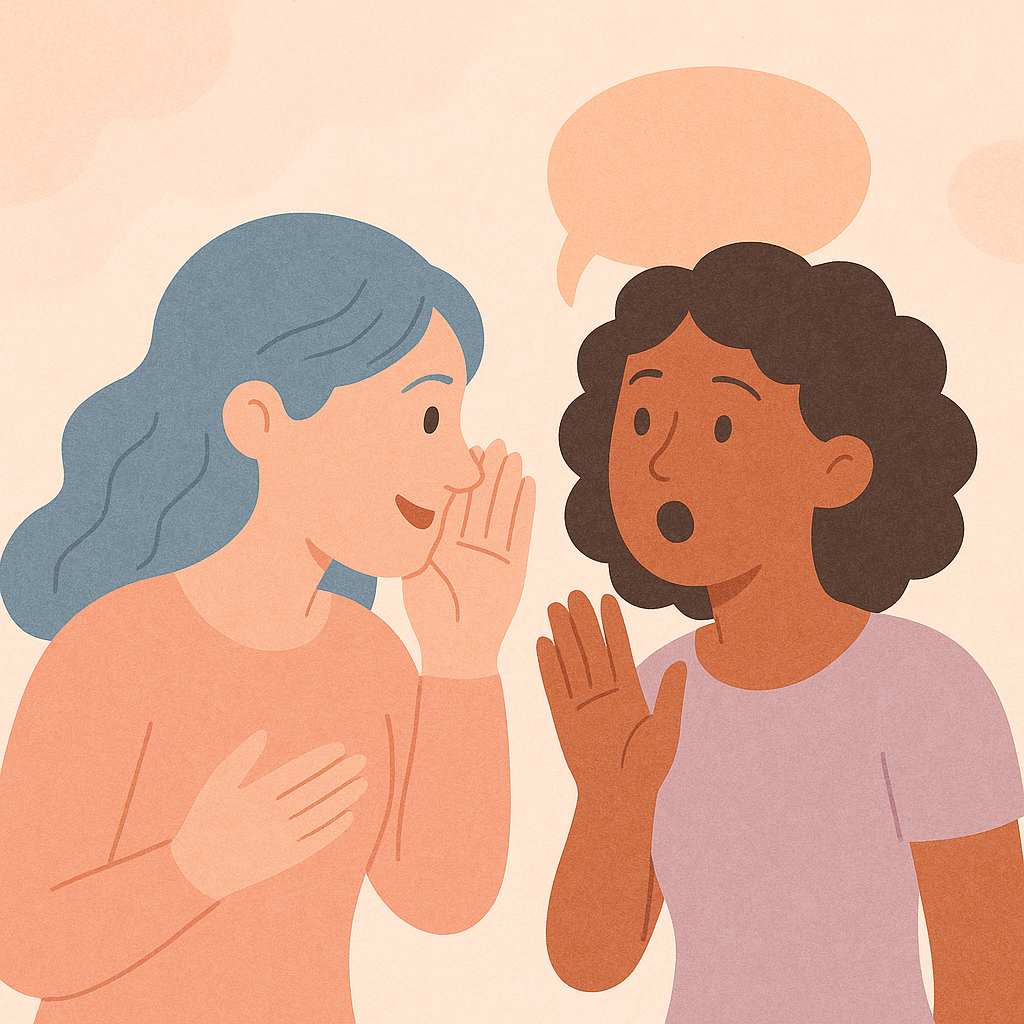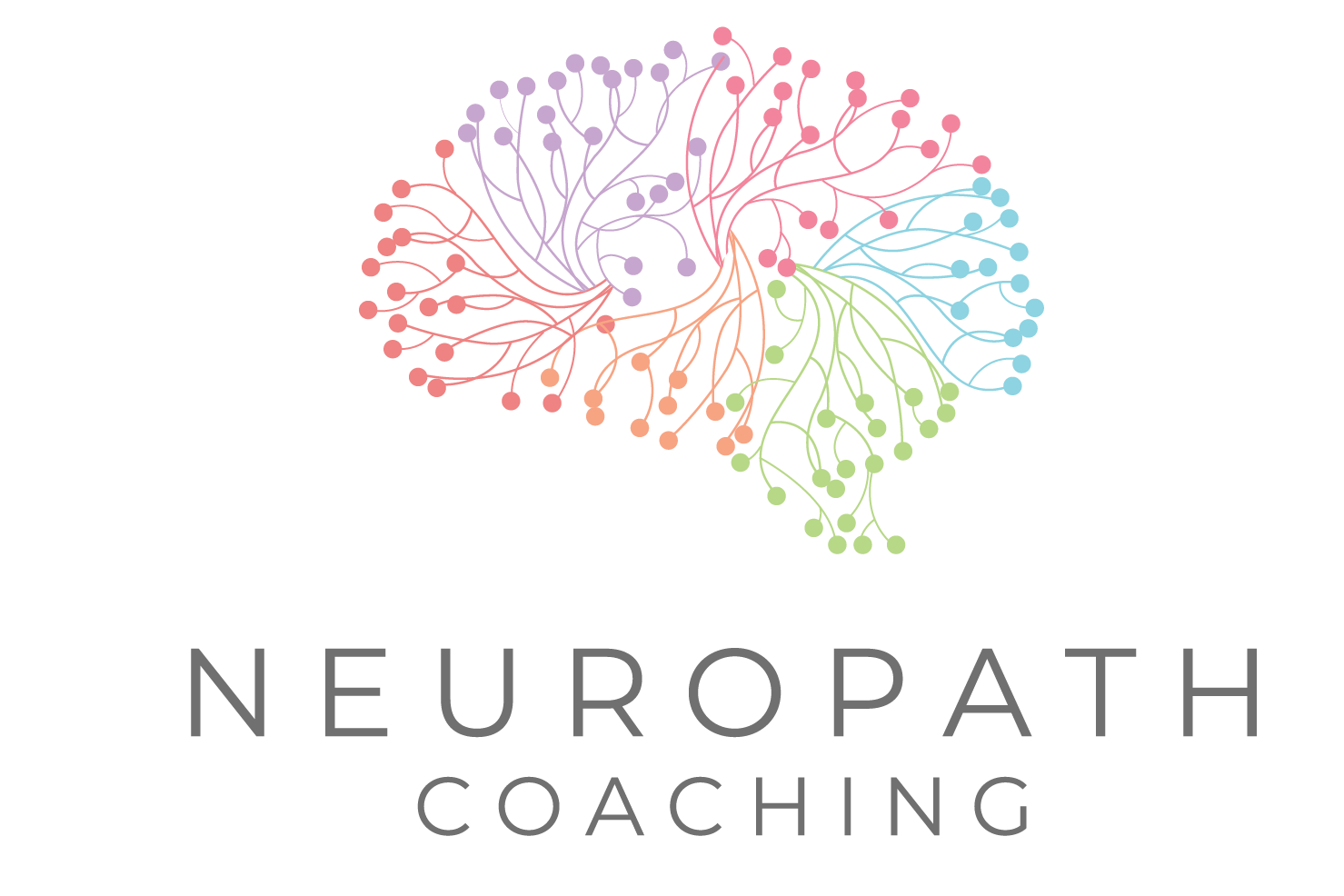We’ve all done it. Leaned in a little closer. Dropped a juicy detail. Bonded over someone else’s behaviour.
And yet — how often do we walk away from those conversations feeling truly good?
We might laugh, feel included, or even relieved to not be the one under the microscope. But underneath the surface, something more complex is happening — in our brains and in our relationships. Let’s look at the science.

The Neuroscience of Gossip: Understanding the Allure
Gossip feels good — temporarily — because it taps directly into our brain’s reward systems. When we share socially relevant or emotionally charged information, several neurological processes are activated:
Dopamine release: Gossip stimulates the brain’s reward circuitry, particularly the mesolimbic pathway. This gives us a pleasurable rush, reinforcing the behaviour much like sugar, social media, or shopping might.
Oxytocin surge: Sharing secrets or emotionally loaded details boosts oxytocin — the bonding hormone — making us feel connected and accepted. It’s part of why gossiping can feel like social glue.
From an evolutionary standpoint, gossip played an important role in human survival. It helped our ancestors navigate social hierarchies, build alliances, and avoid threats. Anthropologist Robin Dunbar even argued that gossip evolved as a form of “vocal grooming” — allowing us to maintain large social groups more efficiently than physical grooming ever could.
So in a way, gossip is an ancient communication tool — one that may be less relevant in today’s context, and potentially corrosive when misused.
The Hidden Cost: How Gossip Can Harm (being the subject)
While the brain is rewarding us for the act of gossiping, it also punishes us when we’re the target.
Being the subject of gossip can trigger feelings of rejection and humiliation, activating the amygdala, our fear centre, and the anterior cingulate cortex, which processes both emotional and physical pain. Neuroscience research shows that social pain — like being excluded, judged, or talked about — lights up the same brain regions as a physical injury.
Over time, exposure to toxic gossip (whether as gossiper, listener, or subject) increases cortisol — the body’s main stress hormone. This can lead to anxiety, disrupted sleep, lowered immunity, and even symptoms of depression. And for those engaging in gossip regularly, the short-term dopamine rush is often followed by guilt, rumination, or social anxiety. Gossip also breaks trust — the cornerstone of healthy relationships. It can damage reputations, undermine team dynamics, and erode the psychological safety necessary for authentic connection.
So… What Else Can We Talk About?
The brain prefers deep, meaningful, idea-rich conversations. These interactions activate networks involved in imagination, empathy, and introspection — particularly the default mode network and prefrontal cortex. In fact, conversations that stimulate curiosity and growth can increase serotonin and build long-term wellbeing.
Here are some better conversation starters:
Talk about ideas: new things you’ve learned, bold dreams you’re chasing, or big questions you’re sitting with.
Explore values: what matters to you and why.
Share insights: from books, articles or podcasts that changed the way you see the world.
Ask better questions: What’s something you’re working through right now? What’s been lighting you up lately? What does growth look like for you this year?
These exchanges don’t just feel good — they are good for your brain. They reinforce self-awareness, strengthen neural connectivity, and foster empathy and belonging.
3 Questions to Reflect On
- What kind of conversations leave me feeling energised, not depleted?
- When do I feel most aligned in dialogue — and most disconnected?
- What’s one thing I’d love to ask someone instead of “Did you hear about…?”
Further Reading: Deepening Your Understanding
If you’re curious to dive deeper, here are some books that explore the science and psychology of our social habits:
The Social Animal by Elliot Aronson – looking at human behaviour and social connection.
Gossip by Joseph Epstein – a cultural and historical exploration of gossip’s double-edged role in society.
The Evolution of Reputation-Based Cooperation by Bernd Beber – research-based dive into how gossip shapes cooperation and trust.
The Power of Habit by Charles Duhigg – understanding how habitual patterns (including gossip) form — and how to change them.
Thinking, Fast and Slow by Daniel Kahneman – a deep, yet accessible look at human judgement, bias, and decision-making.
If you enjoyed this article, please subscribe and join the community to recieve our weekly newsletter with the latest insights!
